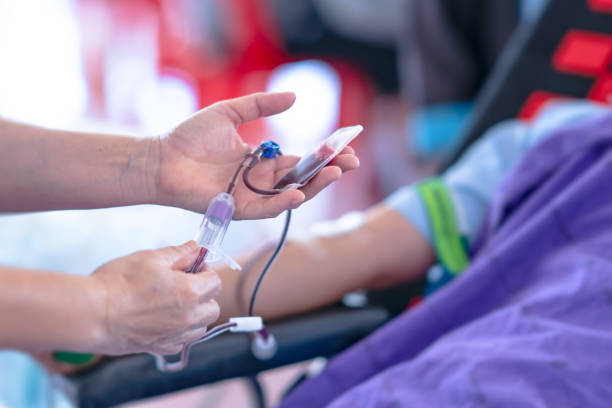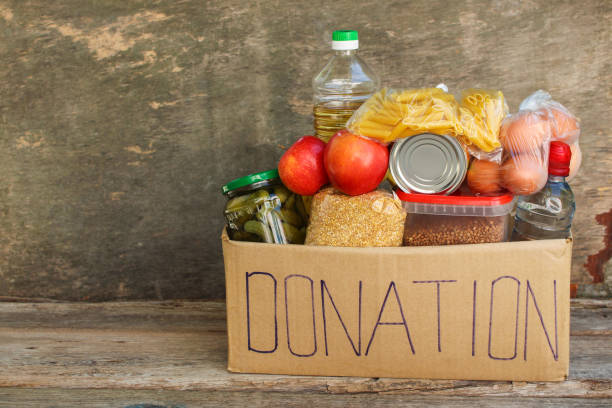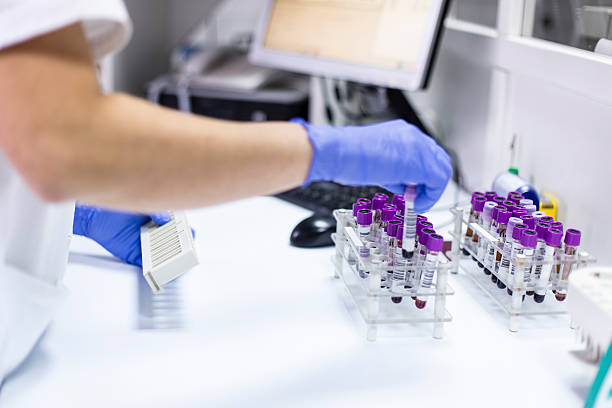How Often Can You Donate Plasma
Understanding Plasma Donation
Plasma donation is a critical process that plays a significant role in saving lives and advancing medical research. Plasma, the liquid component of blood, contains essential proteins and antibodies used to treat various medical conditions, including immune deficiencies, bleeding disorders, and other serious illnesses. Donating plasma is a generous act that can make a profound difference in the lives of many patients.
The Process of Plasma Donation
When you donate plasma, blood is drawn from your body, the plasma is separated, and the remaining components, such as red blood cells and platelets, are returned to your bloodstream. This process, known as plasmapheresis, usually takes about 90 minutes. Unlike whole blood donation, which involves giving all components of your blood, plasma donation focuses solely on the plasma, allowing for more frequent donations.
Frequency of Plasma Donation
The frequency with which you can donate plasma depends on several factors, including your health, the regulations of the country you are in, and the guidelines set by the plasma donation center. Generally, in the United States, you can donate plasma up to twice a week, with at least 48 hours between donations. This means if you donate plasma on a Monday, you can donate again on Wednesday. This frequent donation schedule is possible because the body replenishes plasma quickly, usually within 24 to 48 hours.
Factors Influencing Donation Frequency
Several factors influence how often you can donate plasma safely:
- Health Status: Your overall health and medical history play a crucial role in determining how often you can donate. Donors must pass a health screening before each donation to ensure they are fit to donate. This includes checking your blood pressure, pulse, temperature, and hemoglobin levels.
- Hydration and Nutrition: Staying well-hydrated and maintaining a balanced diet are essential for regular plasma donation. Drinking plenty of fluids and eating a nutritious meal before donating helps maintain your plasma levels and overall health.
- Age and Weight: Donors must meet certain age and weight requirements to donate plasma. Typically, donors must be at least 18 years old and weigh at least 110 pounds. These requirements ensure that donors have sufficient plasma volume to give safely.
- Regulatory Guidelines: Different countries have varying regulations regarding plasma donation frequency. For example, in the European Union, donors can give plasma every 2 to 4 weeks, depending on the country's specific guidelines. It is essential to follow the regulations set by your local health authorities and donation centers.
Benefits of Frequent Plasma Donation
Frequent plasma donation has several benefits, both for donors and recipients:
- Helping Others: Regular plasma donations are vital for patients who rely on plasma-derived therapies. These treatments are essential for managing chronic conditions and can significantly improve patients' quality of life.
- Health Monitoring: Donors undergo health screenings before each donation, which provides regular check-ups and can help identify potential health issues early. This monitoring ensures that donors remain healthy and fit to continue donating.
- Compensation: Many plasma donation centers offer compensation for donations. While this should not be the primary motivation for donating, it can be a helpful incentive for regular donors.
Risks and Considerations
While plasma donation is generally safe, there are some risks and considerations to keep in mind:
- Dehydration: Plasma is composed mainly of water, and donating can lead to temporary dehydration. It is crucial to drink plenty of fluids before and after donating to stay hydrated.
- Fatigue and Dizziness: Some donors may experience fatigue or dizziness after donating. These symptoms are usually mild and can be alleviated by resting and consuming fluids and a healthy meal.
- Bruising and Discomfort: As with any needle insertion, there is a risk of bruising and discomfort at the needle site. Proper technique and care from the donation center staff can minimize these risks.
- Health Conditions: Certain health conditions may temporarily or permanently disqualify you from donating plasma. It is essential to disclose your full medical history to the donation center to ensure your safety and the safety of plasma recipients.
Preparing for Plasma Donation
To ensure a smooth and successful plasma donation experience, it is essential to prepare adequately:
- Stay Hydrated: Drink plenty of water in the days leading up to your donation. Avoid caffeine and alcohol, as these can dehydrate you.
- Eat a Balanced Meal: Consume a nutritious meal rich in iron and protein before donating. Foods like lean meats, beans, nuts, and leafy greens are excellent choices.
- Get Plenty of Rest: Ensure you are well-rested before your donation appointment. A good night's sleep helps your body recover quickly.
- Wear Comfortable Clothing: Opt for loose, comfortable clothing with sleeves that can be easily rolled up.
The Importance of Plasma Donation
Plasma donation is not just a generous act; it is a lifeline for many individuals with chronic and life-threatening conditions. Plasma-derived therapies are essential for treating hemophilia, primary immunodeficiency diseases, and other rare disorders. By donating plasma regularly, you contribute to a critical supply chain that supports medical treatments and research.
The Role of Plasma in Medical Research
Plasma is not only used for direct patient care but also plays a crucial role in medical research. Researchers use plasma to develop new treatments and therapies, understand disease mechanisms, and improve existing medical practices. Your plasma donation can help advance scientific knowledge and lead to breakthroughs that benefit countless individuals.
Long-Term Commitment to Plasma Donation
Becoming a regular plasma donor is a long-term commitment that requires dedication and responsibility. By donating plasma consistently, you become part of a community of donors who make a significant impact on public health. Your commitment helps ensure a stable supply of plasma for patients in need and supports ongoing medical research.
Plasma Donation During Emergencies
During emergencies, such as natural disasters or pandemics, the need for plasma donations can increase dramatically. Plasma donations are critical for treating patients with severe illnesses, including those with COVID-19. By donating plasma regularly, you help maintain a ready supply for emergency situations, potentially saving lives when demand is highest.
Encouraging Others to Donate
As a regular plasma donor, you can play a vital role in encouraging others to donate. Share your positive experiences and the impact of plasma donation with friends, family, and your community. Educating others about the importance of plasma donation can inspire more people to become donors and contribute to this life-saving effort.
Conclusion
Plasma donation is a powerful way to give back to your community and support individuals with serious medical conditions. Understanding the process and frequency of plasma donation helps ensure that you can donate safely and effectively. By staying informed, preparing adequately, and committing to regular donations, you make a meaningful difference in the lives of countless patients and advance critical medical research. Your generosity and dedication as a plasma donor are invaluable, providing hope and healing to those who need it most.




